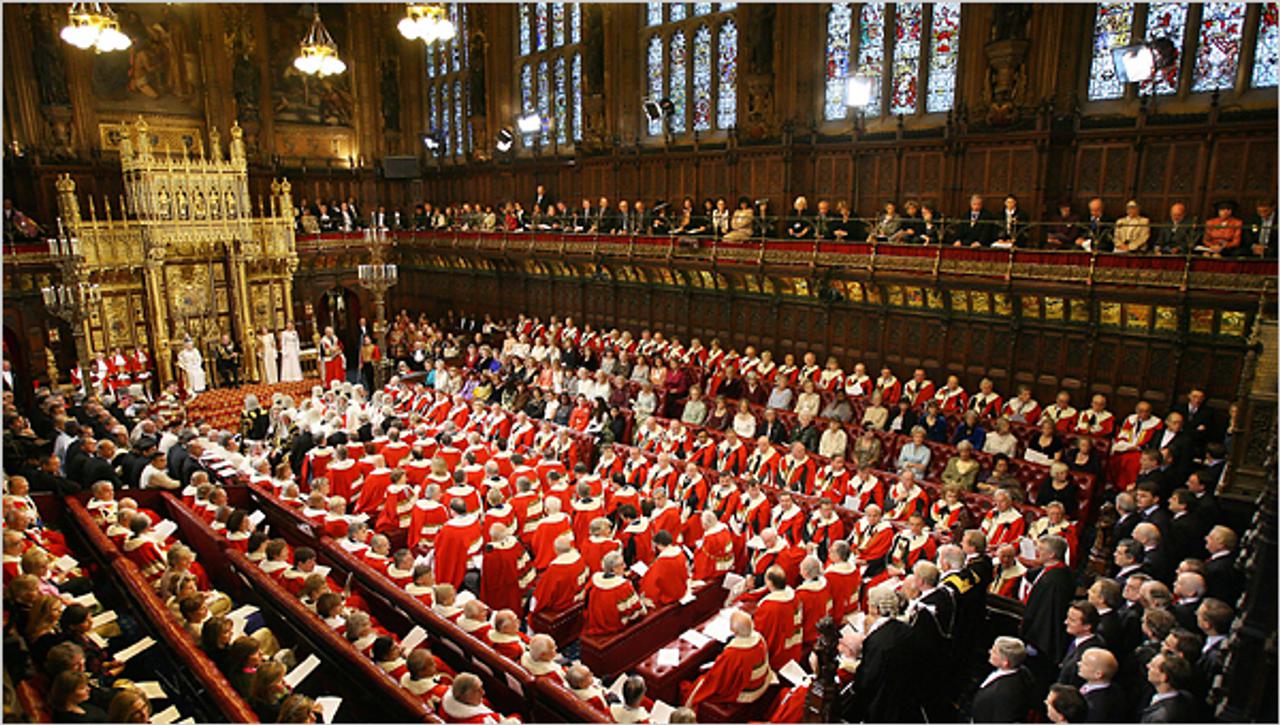
The future of investigative journalism: House of Lords calls for evidence
The House of Lords wants your evidence.
The following call for evidence has been issued by the House of Lords select committee on communications.
The Bureau will be submitting evidence. Some of our readers might like to do the same. This debate will be covered on this website going forward.
———————————————————————————————————
SELECT COMMITTEE ON COMMUNICATIONS CALL FOR EVIDENCE
Investigative journalism is vital for a healthy democracy. It acts as a watchdog, holding those in positions of authority to account by exposing wrongdoing, standing up for the public interest and, where appropriate, campaigning for reform. Its contribution to democracy is just as valuable at local as at national level: to hold democratically elected bodies to account, to ensure their work is visible to the people whom they represent, and to keep people informed about what is happening in institutions such as their local schools, hospitals or businesses.
But these are difficult times for investigative journalism. The phone hacking scandal has already led to the closure of Britain’s best selling tabloid newspaper as well as the resignation of former newspaper editors and senior members of the Metropolitan Police force. This, combined with the Information Commissioner’s report of five years ago, has exposed apparently widespread use of unlawful methods to gather and intercept information, and will be investigated in full by the relevant judge-led and Parliamentary inquiries.
Even before the current scandal started to unfold, the economic climate was threatening original journalism: declining newspaper readership, fragmenting TV audiences and the migration of print advertising to online were exacerbated by the impact of the worst economic recession since the war. As a result, local newspapers have been forced to close and many journalists lost their jobs, long before the closure of the News of the World.
While the events of the last few weeks clearly reflect very badly on some areas of the British press, they are also a reminder of the importance of investigative journalism. Revelations about the phone hacking scandal itself, about abuse in some care homes, about match-fixing in test cricket have been uncovered by investigative journalism.
This raises urgent questions about whether and how, in a changing media landscape, it may be possible to harness the power of new technologies to complement traditional media in ensuring a healthy journalistic culture. Information about public authorities and bodies that provide a service to the public is increasingly available online and to anyone who wishes to access it via a Freedom of Information Act request. This, together with the rise of social media such as twitter, youtube and facebook and new online opportunities in journalism, means that now is an appropriate time to consider what role “citizen journalism”, participatory journalism and other new approaches or models might be able to play in the future of investigative journalism.
Given the rapid economic and technological changes and the extent to which investigative journalism has been thrown into the spotlight in recent weeks, the House of Lords Communications Committee welcomes your views on the parameters for the future of journalism in a difficult media environment. In particular, this inquiry will examine the future for investigative journalism in a world where traditional print and broadcast business models are under threat and a great deal of news and information is readily available for free online. It will also investigate ideas for different organisational or business models which mightpromote or advance the future of investigative journalism. This builds on the work of our predecessor Committee’s report into the ownership of the news which was published in June 2008 and seeks to complement the current Parliamentary and Judge-led inquiries into phone hacking, privacy and injunctions. We welcome your views on the following issues:
The changing media landscape
• Has the way in which people consume news changed in recent years? What are the recent trends in newspaper circulation figures and how do these compare with figures for television and radio news, and accessing news content online?
• What effect, if any, will devices such as ipads and e-readers have on the ways in which people consume news and access information?
• What is the role of social media in displacing or complementing traditional news outlets?
• Are there any existing funding, business or organisational models from other sectors or overseas which could successfully be used in order to safeguard the future of investigative journalism?
The role of investigative journalism
• What role does investigative journalism play – both at a national and local level – in safeguarding democracy and in the accountability of those in positions of power or public prominence?
• How can the merits of a journalist’s story be assessed? How is the public interest defined and determined?
• What contribution is citizen and participatory journalism making to original journalism and what is its impact on the ways in which people access news and information?
• Does the availability of information under the FOI Act and the increased onus on public bodies to make information available online have an impact on the role of investigative journalism?
Paying for investigative journalism
• To what extent are readers, listeners and viewers prepared to pay for the skills of serious reporting?
• What are the new business models for paying for investigative journalism which new media will make possible?
• How successful are pay-walls as a model for supporting investigative journalism? Are they likely to become a successful model for generating new income streams in future?
• What other funding models (such as pay-per-use access and micropayments) are likely to emerge to safeguard the future of investigative journalism?
2
• How safe and secure are the funding models for journalism in the print media and on commercial TV and radio?
• Are there any changes needed in the regulation of broadcast journalism or digital or print media to ensure they fulfil a useful journalistic function?
• How might the continuing commercial and financial viability of investigative journalism be secured on different media platforms in the future?
• Do we need regulatory or other policy incentives to ensure that these initiatives succeed?
22 July 2011 GUIDANCE FOR THOSE SUBMITTING WRITTEN EVIDENCE Submissions should be sent to:
Select Committee on Communications House of Lords London SW1A 0PW
Tel 020 7219 8662 Fax 020 7219 4931
and preferably also as an email attachment to: [email protected]
The deadline for submitting written evidence is Monday 12 September 2011.
Please ensure that you include relevant contact details. Evidence should be attributed and dated, with a note of your name and position, and should state whether it is submitted on an individual or corporate basis.
Short submissions of 6 pages or fewer are preferred; longer submissions should include a summary. Evidence sent as hard copy should be clearly printed or typed on single sides of A4 paper, unstapled. Paragraphs should be numbered. If drawings or charts are included, we ask that these are black-and-white and of camera-ready quality.
Evidence becomes the property of the Committee, and may be printed or circulated by the Committee. You may publish your evidence yourself, but in doing so you should indicate that it was prepared for the Committee. The Committee may invite some of those who submit written evidence to give oral evidence, usually in public at Westminster. Transcripts will be published.
You can follow the inquiry via the Committee web pages, accessed from:
http://www.parliament.uk/business/committees/committees-a-z/lords-select/communications- committee/
This is a public call for evidence. Please bring it to the attention of other groups and individuals who may not have received a copy direct.




